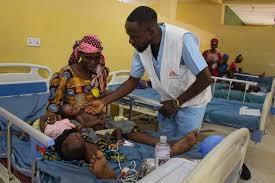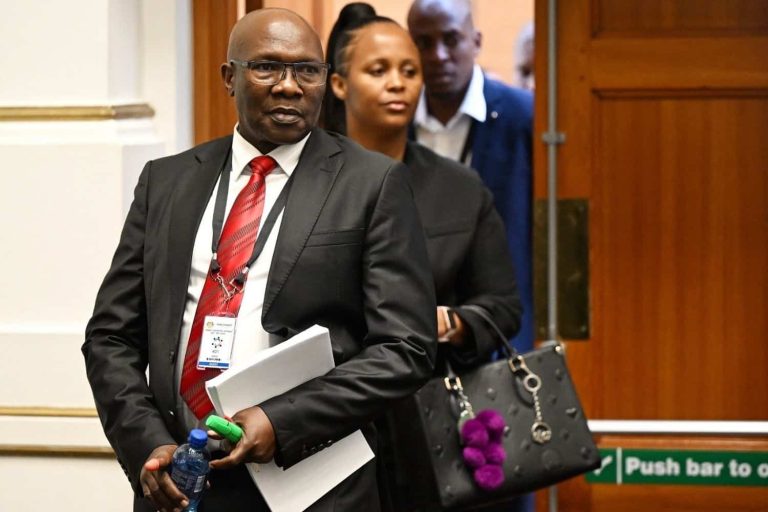
Doctors Without Borders/Médecins Sans Frontières (MSF) has warned that the devastating effects of child malnutrition in northern Nigeria go far beyond physical suffering, revealing a hidden mental health crisis affecting both children and their caregivers.
Marking World Mental Health Day 2025, the international medical organisation called for a more integrated approach to treatment that addresses not only the body but also the mind.
According to MSF, the burden of malnutrition across the region has reached alarming proportions. In 2024 alone, more than 300,000 malnourished children were treated in its facilities across Zamfara, Kano, Katsina, Kebbi, Bauchi, Borno, and Sokoto States, representing a 25% increase from the previous year.
Beyond the visible physical toll, MSF says malnutrition leaves lasting psychological and emotional scars. Bako described how many malnourished children become irritable, withdrawn, or unresponsive, struggling to achieve key developmental milestones such as walking or talking.
MSF emphasised that the link between malnutrition and mental health is cyclical: emotional neglect, stress, or trauma can contribute to poor nutrition, while undernutrition can worsen psychological distress.
In response, MSF has integrated mental health services into its 12 inpatient and over 30 outpatient therapeutic feeding centres across northern Nigeria. Each centre includes a child-friendly playroom where trained counsellors conduct daily sessions focused on psycho-stimulation therapy, stress management, caregiver support groups, recreational play, and individual counselling.
Recognising that caregivers often bear their own emotional burdens, MSF ensures they receive mental health support alongside their children. To further strengthen its response, MSF has trained doctors, nurses, and support staff in psychological first aid and effective communication, a vital skill in fostering trust and healing.
Between January and June 2025, MSF treated 32,940 severely malnourished children in inpatient centres and 136,255 in outpatient centres across northern Nigeria. During the same period, its teams conducted 30,880 mental health sessions, with early results showing improved recovery times and greater emotional resilience among families.



